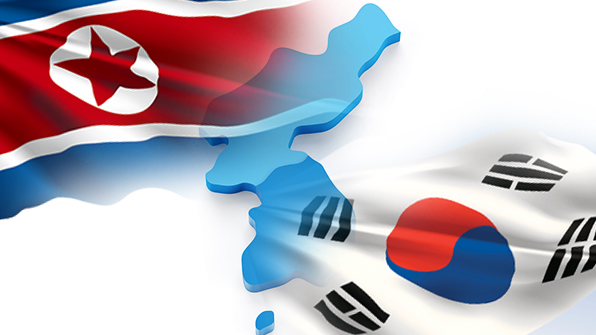Forecast “North Korean language” in the localization industry perspective.


The world is interested in
I would like to briefly talk about the differences between North Korean and South Korean language in localization business perspective rather than academic aspects.
* Please note that this personal opinion as based on my localization industry experience. And I’m not an expert of North Korean language.
1. Differences between North and South Korean languages.
It has been 73 years since the we were separated into North and South.
In the case of North Korea, the Korean language has been completely excluded from the foreign language in a closed environment, and in South Korea, the foreign language has been accepted and the related writing system has been established.
Basically, we use same language base “한글”. But currently there’s many differences not only in grammar, but also in words, idioms, dialogue style, notation and etc.
For the actual localization work, the existing Korean spell checker and the Style guide according to contents and products are written in South Korean language base, so we need to create another version for North Korean.
2. Should we regard these 2 languages separately in localization business?
In business perspective, it would be easily understood think about the different between European Spanish and Latin America Spanish.
In my opinion, we should apply differently depending on the product and industry. And it needed only for some specific product or contents for targeting North Korean peoples. South-Korean peoples could understand general content such as news and general dialogue in North Korea. Nowadays several South Korean media creating TV programs featuring 새터민(refugees from North Korea) and most of
But proof-reading or re-writing by North Korean native resources is needed for the marketing material which targeting North Korean market. Therefore, it seems we have
to separate the two Korean languages in localization business point of view until
it is unified and established in one complete Korean language agreed upon by
the North & South Korea.
Also considering nature of the language, it may take years or decades to
use one Korean language even if establish in one complete Korean language after
unification.
Also, in terms of resources, there will be a limited number of resources who
could handle English to North Korean in the North Korea, so possible process might
be like “Translate English to Korean, and revise Korean translation into North
Korean language”. As mentioned, this might be applicable for marketing materials
or the contents which required deliver exact meaning like instruction manuals.
As a result, it is likely that North Korean(language) is possibly more expensive (added proofreading or rewriting cost) than Korean for marketing and advertising materials.
3. What is the potential for Korean language growth if unification made?
Sorry, Nobody knows.
But one thing sure is that it’s priceless and could not measure just merging the number of population and area. Let’s see what happen on North Korea-US summit in Hanoi.
As usual, please contact info@musaikorea.com if any question about Korean language or Korean language.
Boost Your Play!







